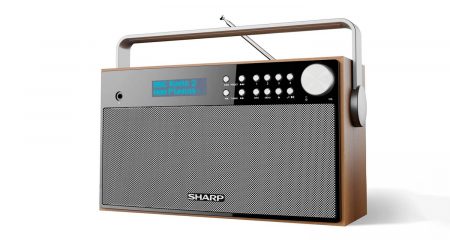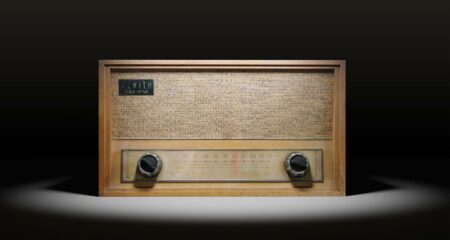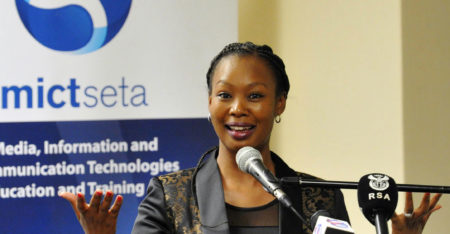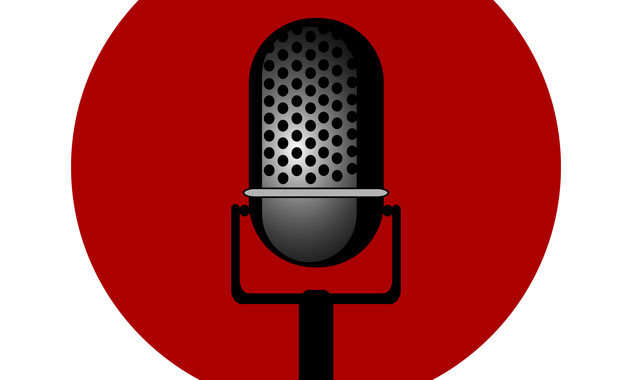
Widespread penetration of cellular phones with integrated digital radio receivers is crucial if the technology is going to take off in South Africa.
That’s the view of Primedia Broadcasting CEO Omar Essack, who was speaking to TechCentral in a special podcast recorded on Monday with broadcasting industry experts on digital radio, looking specifically at the country’s digital audio broadcasting (DAB+) and Digital Radio Mondiale trials. Primedia owns radio stations such as 702 and 947 in Gauteng and Cape Talk and KFM in the Western Cape.
Essack said digital radio technologies have the potential to transform the radio landscape in South Africa, but only once receivers are in the hands of the masses.
For one thing, he said, it will allow greater diversity of the airwaves and more choice for consumers. For example, FM stations tend to broadcast “generic” music content in the hope of attracting as a big an audience as possible.
“We try and find a middle ground that tries to get us as many audiences as possible, and therefore rock lovers or reggae lovers, or lovers of certain types of music, tend to have to look elsewhere for this type of content,” he said.
“They won’t find it on our services, because there just aren’t enough of them. Because of the scarcity of spectrum, we will always go to the lowest common denominator: what is the format or the styles of music that are most commonly going to be enjoyed or appreciated?”
Although digital services promise to solve this problem — at least partially — Essack is concerned about take-up among consumers.
“When we look at the countries where DAB currently exists, they’re all massive middle-class countries… The reason Norway can afford to switch off [FM broadcasts] is they have a small population of very wealthy people,” he said.
“But we need the technology to serve all people, just like we’re doing in the transition to digital terrestrial television, where there’s a subsidy for people who can’t afford it,” Essack continued.
“There’s no use bringing a technology into this country if we can’t have receivers available at a cost that people can afford. People won’t even buy [traditional] receivers. It’s much better … if we can get integrated DAB+ into mobile phones.”
He said getting the technology into cars is “not enough”, as this represents only a fraction of the overall market.
“[We must be] cognisant of our huge disparities in economic wealth. If we can get Android phones into the country that are DAB+-ready — DRM-ready, even — then we have a proposition.
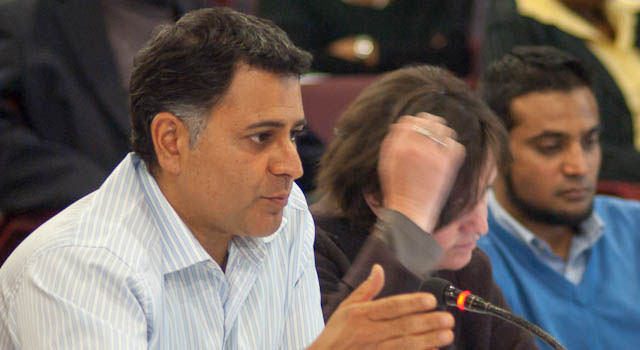
“For a commercial broadcaster [like Primedia], or for the SABC, it’s about access. If everybody has access, then [digital radio] is a no-brainer for us.”
And getting digital receivers into cellphones is what’s needed to ensure this happens,” he said.
In 2016, LG Electronics introduced a smartphone with an integrated DAB+ receiver, and it is available through local operators. However, other manufacturers have been slow to include DAB+ in their products.
For much more about digital radio in South Africa, listen to TechCentral’s special podcast. In addition to Essack, the panel of experts is made up of Southern African Digital Broadcasting Association (Sadiba) chairman Lynn Mansfield; South African DRM consortium member and adviser to Radio Pulpit Chris Joubert; and chairman of the Sadiba/National Association of Broadcasters Digital Working Group (focused on DAB+) Dave Cherry. — © 2017 NewsCentral Media


